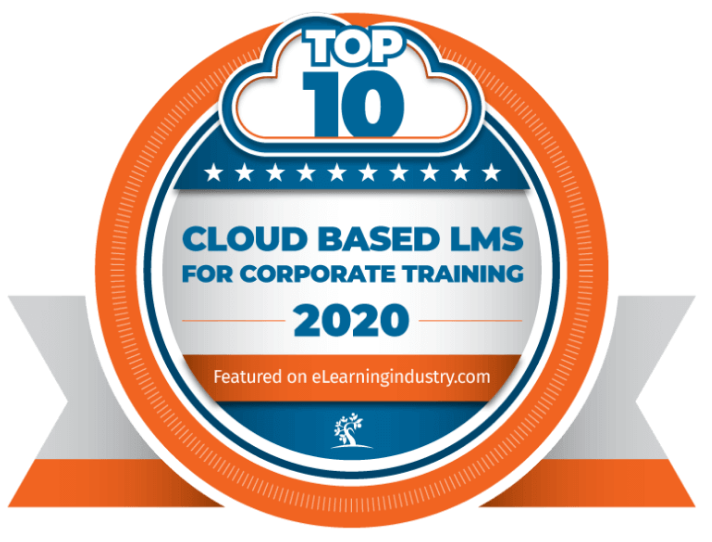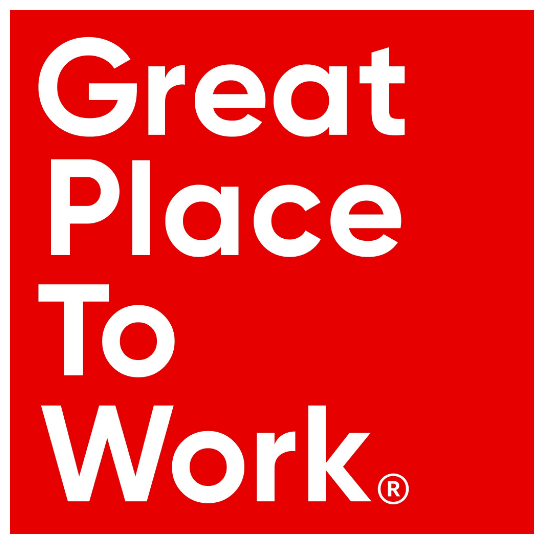July 2, 2025
LMS for Corporate Training: Driving Performance and Productivity at Scale

With digital innovation moving at a breakneck speed and the world of business experiencing constant disruption, organizations are increasingly likely to invest in an LMS for corporate training, enabling them to achieve an agile and future-ready workforce. Learning Management Systems (LMS) have evolved from being tools that merely store training materials to becoming key drivers of business performance, productivity, and growth on a large scale.
This blog discusses how an LMS for corporate training is acting as a change agent in the business world. Such a world yields results that can be measured, allowing L&D teams to create learning experiences with high impact while aligning with the organization’s objectives.
What is an LMS for Corporate Training?
A learning management system is a software application that helps administer, document, track, report, and deliver training programs. In corporate environments, an LMS enhances the efficiency of employee onboarding, compliance training, skills development, and leadership programs by providing centralized and scalable learning delivery.
Modern LMS platforms support features such as personalized learning pathways, microlearning, mobile learning, AI-based recommendations, integration with HRIS and performance systems, and robust analytics and reporting. Such capabilities not only make learning accessible but also ensure that it is more targeted and outcome-oriented.
Why Should Organizations Spend on LMS for Corporate Training?
1. Scalability and Consistency
The traditional method of in-person training is no longer practical, especially for organizations that are rapidly expanding geographically. An LMS for corporate training ensures uniformity in content delivery across multiple departments, locations, and positions, allowing the business to grow in a scalable manner without compromising the quality of learning.
2. Improved Learner Engagement
Interactive modules, gamification, and mobile learning are among the methods used to enhance learner engagement and retention. Employees are immersed in a digital world, and the new normal is to use apps. If LMS platforms can mirror this experience, they meet the expectations of modern employees.
3. Real-Time Performance Tracking
One of the core functions of an LMS is to provide L&D and HR leaders with easy access to learner progress, measuring outcomes, and completion rates in realtime. This practice enables real-time, data-driven decisions for targeted interventions that enhance the success of performance improvement plans and verify whether compliance is being maintained.
4. Cost Efficiency
The use of an LMS for corporate training not only saves money but also offers significant cost savings by eliminating the expenses associated with travel, venue, and instructor costs common with traditional training methods. Additionally, the reuse of content and the use of automated workflows streamline business processes, thereby driving operational efficiency.
5. Alignment with Business Goals
Through capabilities such as competency mapping and skill gap analysis, LMS platforms can to connect learning initiatives to business strategies, making training investments a source of productivity and performance improvement for the company.
How LMS Drives Performance and Productivity at Scale
1. Streamlining Onboarding
The onboarding of employees is crucial to their productivity. Through an LMS, the process is streamlined with the availability of learning objectives, compliance modules, and role-based training, all of which are accessible with just a few clicks. This results in new hires being given the right tools to ramp up more quickly, thus reducing the tenure to proficiency and increasing retention.
2. Fostering Continuous Learning Culture
Organizations need a workforce that can adapt with them and upskill constantly. An LMS platform enables:
- Microlearning: This is an easy way to reinforce learning, and it can perfectly fit into a busy schedule.
- AI-based Recommendations: Employees gain more independent development in their careers, as these suggestions are tailored to their job role, skills, and learning history.
3. Supporting Performance Management
The interconnectedness of LMS and performance management enhances decision-making regarding employee performance. Data from learning leads to performance reviews. For instance, completion of vital skills training may be linked to KPIs, promotions, or incentives, creating a direct connection to accountability and employee motivation for learning.
4. Enhancing Compliance and Risk Management
In the business world, following the rules is important. A learning management system ensures that employees complete compliance courses on time. Additionally, automatic reminders and tracking help prevent errors, keeping companies safe from legal problems and financial loss.
5. Empowering Managers with Actionable Insights
One of the most critical uses of an LMS is its special reporting function. Reporting dashboards offer insights into learning progress, team competence gaps, and the performance of top-performing employees. These insights are used to make data-driven workforce, project, and succession plans.
6. Driving Leadership Development at Scale
Leadership pipelines are critical for organizational growth. An LMS for corporate training provides scalable leadership development programs. Such programs consist of eLearning modules, coached by expert instructors through video conferencing tools, which include conducting assessments, launching experiential projects, and enabling future leaders to contribute to the business.
7. Facilitating Remote and Hybrid Learning
Remote and hybrid work are on the rise, and LMS platforms allow employees to access learning from anywhere, on any device. Such flexibility not only fosters productivity in remote teams but also caters to the diverse learning preferences of team members.
Key Features to Look for in an LMS for Corporate Training
For an organization to fully benefit from efficiency and productivity, it should choose LMS platforms that have the following features:
- Easy integration with existing HR and performance systems
- Mobile-first design and offline learning options
- High-quality data analytics and reporting capabilities
- Personalized and adaptive learning features
- Scalable to meet the needs of future growth and changes in business needs
- Excellent user experience and an intuitive interface
Future Outlook: Artificial Intelligence (AI) and LMS
With the continuous evolution of AI-based solutions in corporate learning, automating administrative tasks to delivering hyper-personalized learning journeys and predictive analytics on skill gaps, AI integration will further amplify the LMS’s role as a strategic performance enabler. According to the LinkedIn 2025 Workplace Learning report , AI is changing the skills in high demand and providing companies with the dynamic, on-demand, and personalized learning technologies they need to stay competitive. Companies no longer have to choose between customization and growth, and L&D professionals are increasingly using AI in their work; 71% are exploring, testing, or incorporating AI into their work.
For example, an LMS that further integrates AI elements provides companies with the benefits of utilizing chatbots for HR tasks. Chatbotsbridge the gap between corporate LMSs’ user interfaces and staff. At the same time, Generative AI is capable of writing learning materials, developing tests, and creating role-plays that are highly aligned with learning and can be deployed more quickly.
Conclusion
LMS for corporate training is a critical driver of performance, productivity, and competitive advantage. By fostering continuous learning, aligning training with business outcomes, and empowering employees to upskill at scale, LMS platforms are transforming how organizations develop talent for the future. Companies that invest in modern, AI-powered, and user-centric LMS solutions will be best positioned to build resilient, agile, and high-performing workforces ready to navigate tomorrow’s challenges.
For more than 30 years, Infopro Learning has been a reliable partner in inventing new ways to learning. We understand this deeply. Unlock: LEARN offers a range of features specifically designed for corporate learning, including extensive classroom instruction and top-notch support. Get in touch with us.







